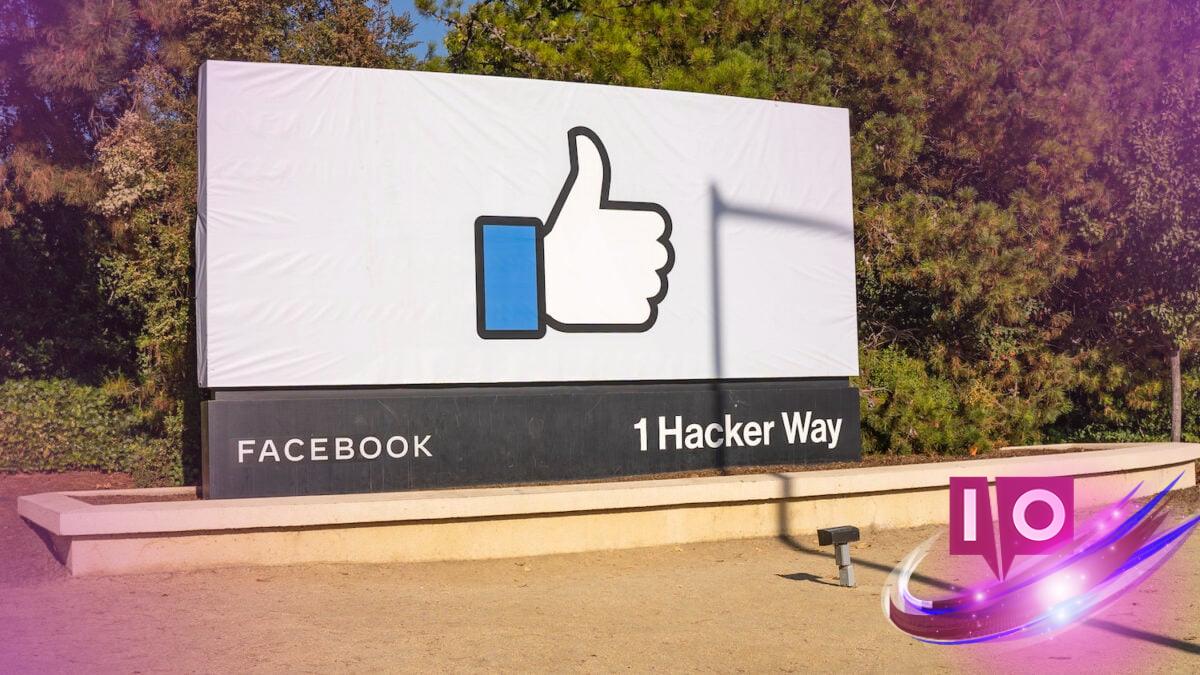Have you ever wondered when you last clicked a “Like” button on content outside of Facebook? It’s an experience that many of us might not think about often, yet it used to be a common part of our online interactions. However, soon that feature will become a relic of the past, as Meta announces that these buttons will be discontinued on February 10, 2026.
While it seems like a minor change, it’s reflective of a larger shift in how we engage with the digital landscape. Meta’s decision to retire these features is a movement away from the naive era of social media that began with the Like button’s inception.
1. The Evolution of Social Sharing Buttons
In 2010, as the Like button gained popularity, Facebook introduced the Open Graph, an initiative meant to embed social functions into other websites. This triad—websites gaining traffic, users enjoying a social experience, and Facebook collecting data—was revolutionary at the time. Yet, it also paved the way for potential misuse of our personal data.
2. The Impact of the Open Graph
Looking back at Dan Fletcher’s article in Time, he noted how Facebook aimed to make the web more interactive. Each time you liked something, your preferences would be funneled back to Facebook, creating a web of interconnected data. But this approach also foreshadowed issues, like the infamous Cambridge Analytica scandal, which demonstrated how our data could be exploited.
3. Why Is Meta Discontinuing These Features?
According to Meta’s blog announcement, the features are deemed outdated as the digital environment continues to evolve. The company explained, “The plugins that will be discontinued reflect an earlier era of web development, and their usage has naturally declined.” When these features are fully phased out, they will simply appear as invisible elements, ensuring that website functionality remains intact.
4. What Will Remain?
Interestingly, not all Facebook Social Plugins are going away. For instance, social sharing options, such as the “Share this story” feature, will likely remain intact. We reached out to Meta for confirmation and will keep you updated as we learn more.
Wondering if using social share buttons still matters? They’re still relevant for engaging with readers, driving traffic, and enhancing your online presence. With changing user behaviors and preferences, you might want to focus on newer, more effective sharing strategies.
How does the discontinuation of Facebook’s Like button impact web traffic? It signals a need for businesses and creators to adapt to changing engagement metrics and explore alternative methods for audience interaction.
Is it time to switch to other social platforms? Depending on your audience, diversifying your social media presence could help maintain engagement levels.
What alternatives exist for user engagement? Platforms like Twitter, Instagram, and LinkedIn now provide a variety of interaction types that can replace the traditional Like and Share functionalities.
Why should businesses care about these changes? Understanding the evolution of social media tools allows businesses to stay agile, ensuring they utilize platforms and strategies that resonate with their target audience.
In conclusion, while the end of Facebook’s Like button signifies the closing of a chapter in social media history, it opens doors for new engagement strategies. Stay informed about the latest trends and consider how these changes can benefit your online endeavors. For more insights and resources, don’t forget to explore related content at Moyens I/O.
